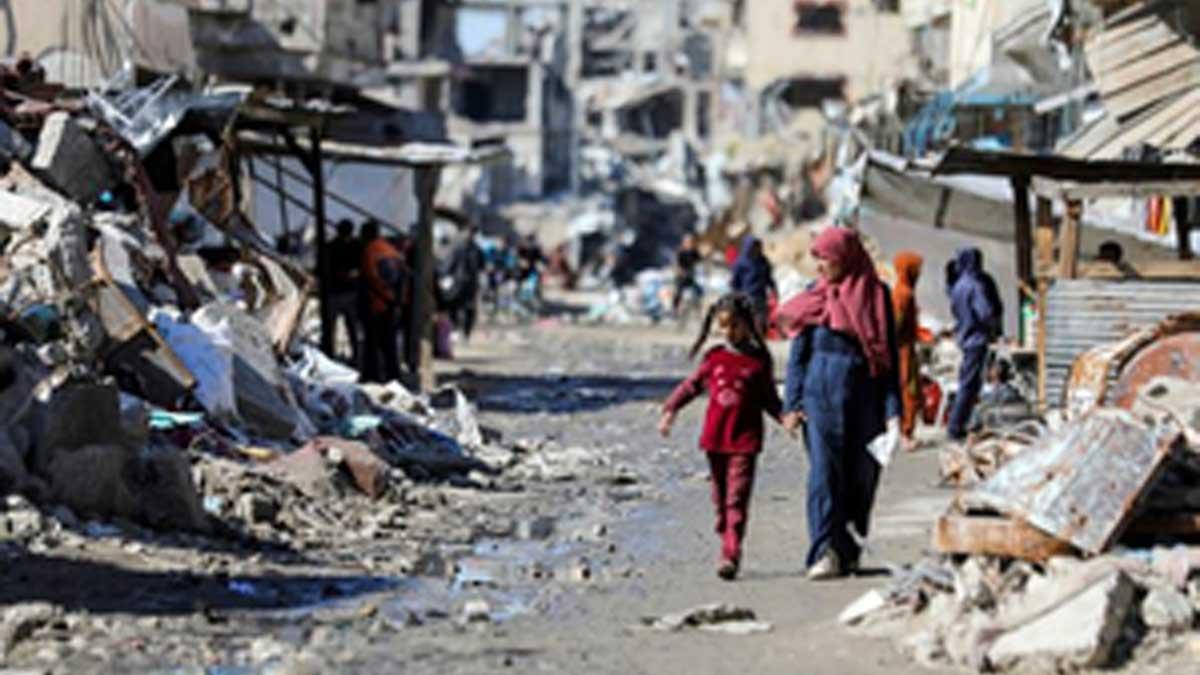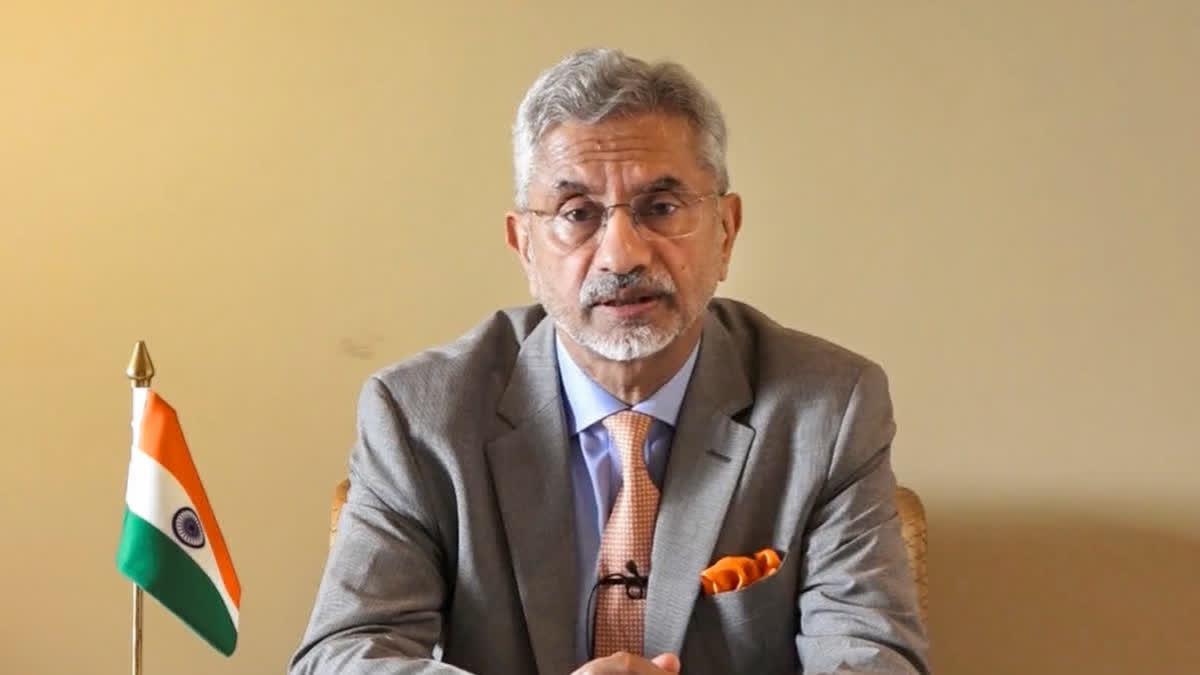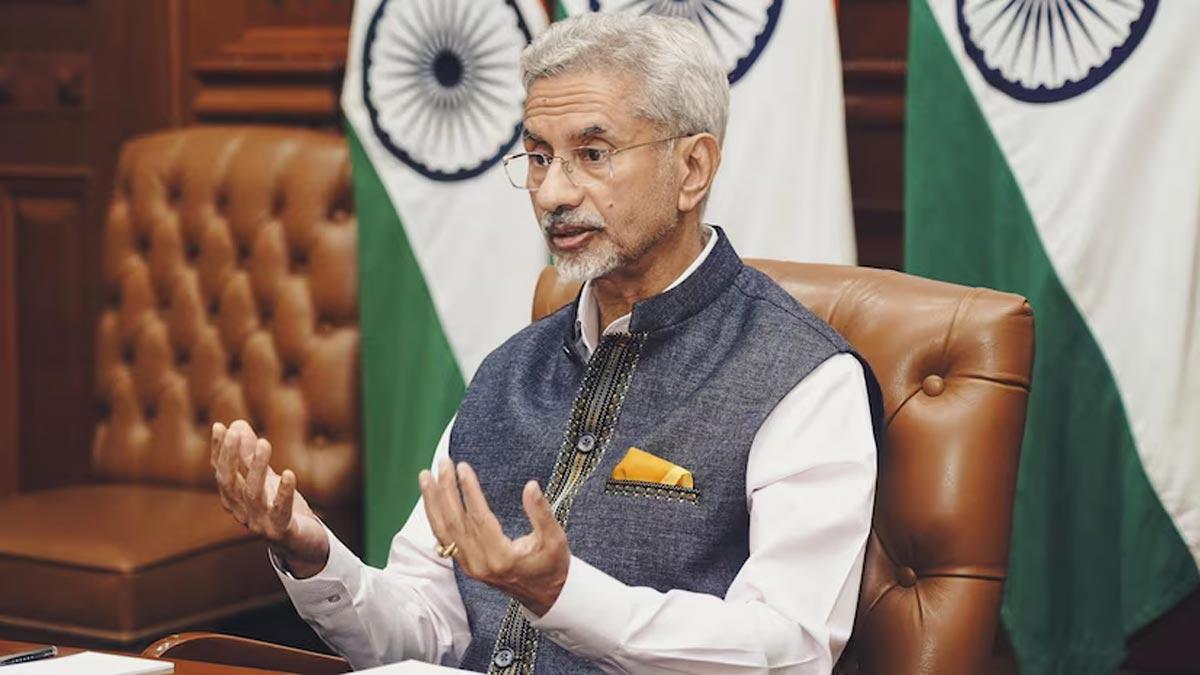In a significant development, the UN Security Council unanimously endorsed a call for an immediate and unconditional ceasefire in Gaza, marking a pivotal moment amidst heightened tensions. The resolution gained momentum notably after the United States opted to abstain, signaling a strain in its longstanding alliance with Israel due to the grave humanitarian toll inflicted by Israel's actions against Hamas.
With unanimous support from the other 14 members, the resolution also emphasized the imperative for Hamas to release hostages taken during the October 7 terrorist attack on Israel, which resulted in approximately 1,200 fatalities.
The resolution urged for a ceasefire throughout the month of Ramadan, which is already underway, and underscored the urgent need for escalated humanitarian assistance for the populace of Gaza.
UN officials have issued warnings regarding the emergence of famine-like conditions in Gaza, exacerbated by limited food supplies.
The US decision to abstain reflects mounting criticism of President Joe Biden's stance on Israel's ongoing retaliatory measures against Hamas in Gaza, resulting in the loss of approximately 32,000 lives, including many women and children.
Previously, a resolution proposed by the US was vetoed by China and Russia, who argued that it lacked a clear mandate for a ceasefire and presented it more as a suggestion, deeming it merely "imperative."
Before this breakthrough, six resolutions had been vetoed, with three by the US, two jointly by China and Russia, and one by Russia alone. The adoption of the latest resolution was met with applause in the Council chamber.
The resolution, sponsored by all 10 non-permanent members of the Council, saw a last-minute alteration, changing the demand from a "permanent" ceasefire to one that is "lasting" in a bid to avert a potential US veto.
Despite Russia's unsuccessful attempt to revert to a "permanent" ceasefire through an amendment, the resolution proceeded, failing to garner the minimum nine votes required for adoption.
The US had previously vetoed three ceasefire resolutions, citing objections from its ally Israel, which argues that such measures would impede its efforts to combat Hamas.
US Permanent Representative Linda Thomas-Greenfield justified the abstention by highlighting the resolution's failure to condemn Hamas, emphasizing the need for immediate action to secure the release of hostages.
The staggering civilian casualties in Gaza have elicited widespread condemnation within US public opinion, including among segments of the Democratic Party, although staunch support for Israel persists among many.
In light of mounting opposition from constituents ahead of the November election, President Biden has tempered his support for Israel's military operations, culminating in the decision not to veto the latest resolution. Biden has expressed concerns about Israel's planned incursion into Rafah, southern Gaza, urging restraint to prevent further civilian casualties and exacerbation of the humanitarian crisis.
Despite warnings from Biden's administration, Israeli Prime Minister Benjamin Netanyahu remains steadfast in his intentions to deploy forces into Rafah, heightening tensions between the two allies.
Reports indicate Netanyahu's threat to cancel Israel's military delegation's visit to the US if Washington did not veto the resolution, underscoring the diplomatic tensions surrounding the issue.
Speaking to reporters at a Palestinian refugee camp in Jordan prior to the Council vote, Secretary-General Antonio Guterres emphasized the growing international consensus on the necessity of a ceasefire and cautioned against the catastrophic humanitarian consequences of a ground invasion of Rafah by Israeli forces.
Read also | Ukraine Faces Wave of Explosions in Russian Airstrikes; Poland Reports Airspace Breach
Read also | Questioning Islamic State's Role in Concert Hall Attack: Russia's Doubts


















